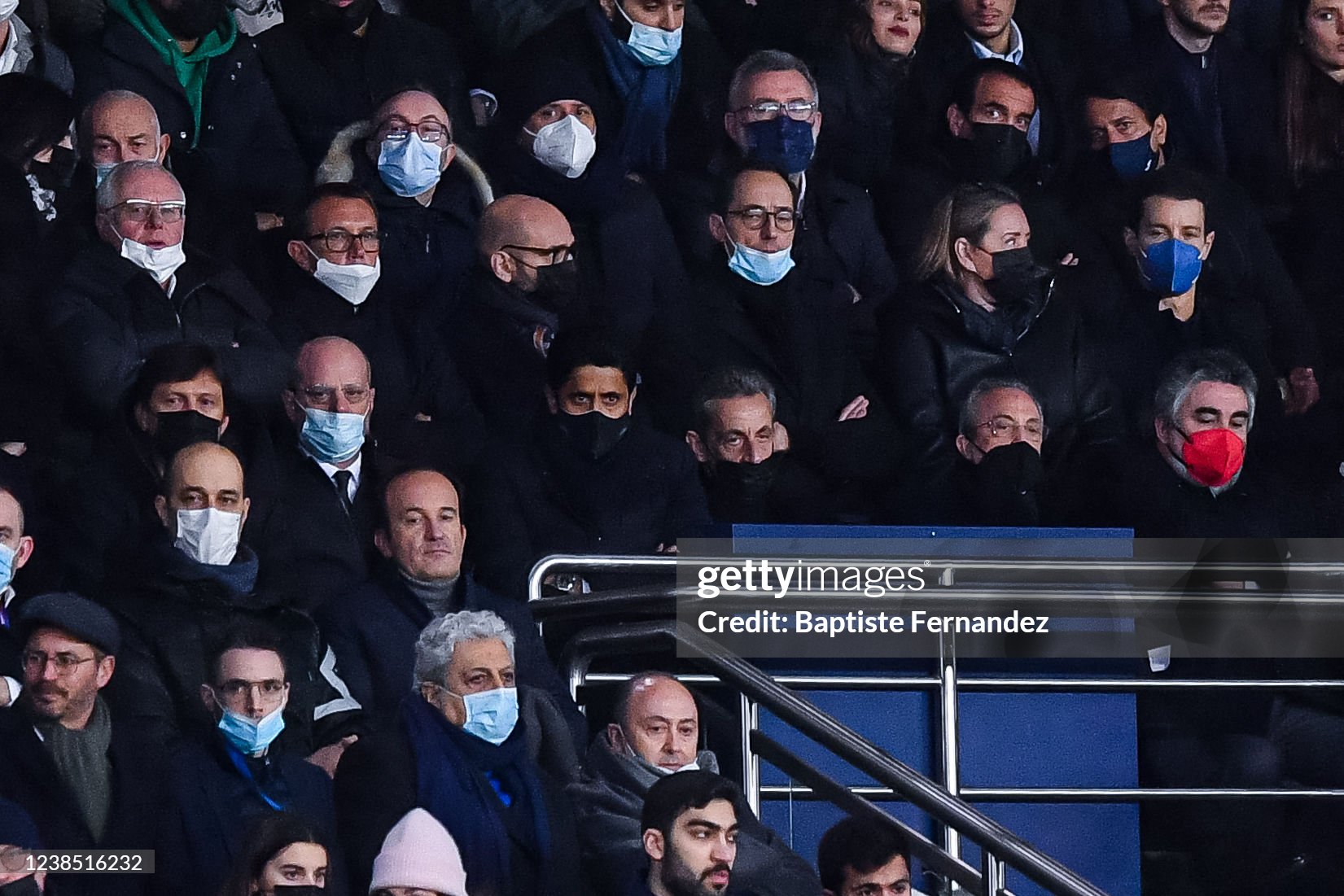The COVID-19 pandemic has had a massive impact on the world of sports, with European football clubs being no exception.
 Embed from Getty Images
Embed from Getty Images
The COVID-19 pandemic has had a massive impact on the world of sports, with European football clubs being no exception. From financial losses to game cancellations, the pandemic has forced clubs to adapt to new circumstances and has highlighted the importance of proper planning and flexibility in the face of unexpected challenges.
Financial Impact The financial impact of the pandemic on football clubs has been significant, with many clubs facing financial losses due to the cancellation or postponement of games. Clubs have had to implement cost-cutting measures, such as salary reductions for players and staff, in order to remain financially stable. Additionally, the closure of stadiums to fans has had a major impact on clubs' revenue streams, as ticket sales and merchandise sales have decreased significantly.
Many clubs have had to rely on government assistance or loans to stay afloat during the pandemic. For example, in the United Kingdom, the government provided financial assistance to football clubs through the Coronavirus Job Retention Scheme, which covered a portion of employees' salaries. However, this assistance was temporary and clubs had to come up with long-term strategies to address the financial challenges caused by the pandemic.
Game Cancellations and Postponements The pandemic has also caused many games to be cancelled or postponed, disrupting the football calendar and causing scheduling challenges. In some cases, players and staff members have contracted the virus, leading to quarantine periods and game cancellations. This has affected not only the football clubs, but also the fans who were looking forward to watching their favorite teams play.
To mitigate the impact of game cancellations and postponements, many football leagues have implemented changes to the football calendar. For example, the Premier League in England has shortened its winter break to make up for games that were postponed earlier in the season. Additionally, the UEFA European Championship, which was originally scheduled for 2020, was postponed until 2021 in order to give clubs and national teams more time to prepare.
Changes to Training and Matchday Protocols The pandemic has also led to changes in training and matchday protocols for football clubs. Clubs have had to implement strict hygiene measures and social distancing protocols to prevent the spread of the virus. Additionally, some clubs have had to adapt their training facilities to ensure that they are in compliance with health and safety guidelines.
During matchdays, clubs have had to limit the number of people present in stadiums and enforce social distancing protocols among fans. Some leagues have also implemented new technologies, such as virtual fan experiences and crowd noise, to create a more engaging experience for fans watching games from home.
Conclusion The COVID-19 pandemic has had a significant impact on European football clubs, affecting their finances, game schedules, and training and matchday protocols. However, it has also highlighted the importance of adaptability and proper planning in the face of unexpected challenges. Football clubs have had to come up with creative solutions to mitigate the impact of the pandemic, and these changes will likely have a lasting impact on the way football is played and experienced in the future.
Updated: 11:25, 3 May 2023








